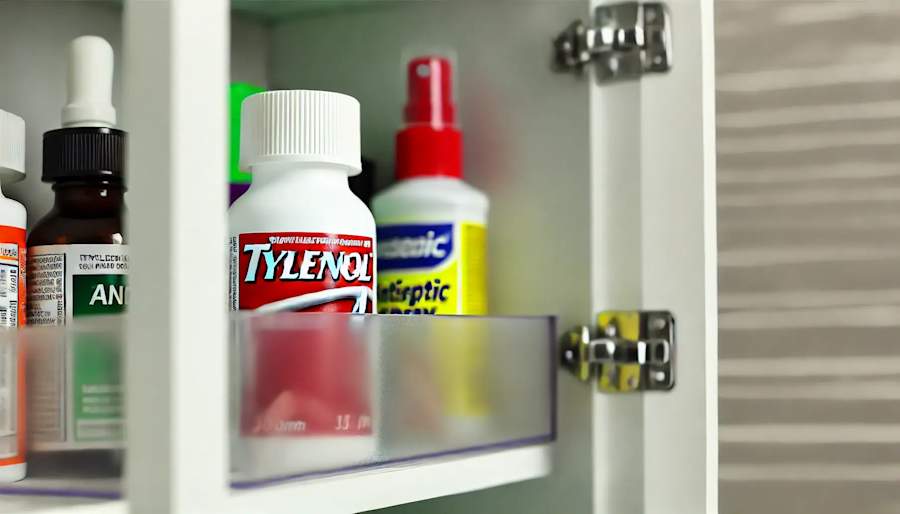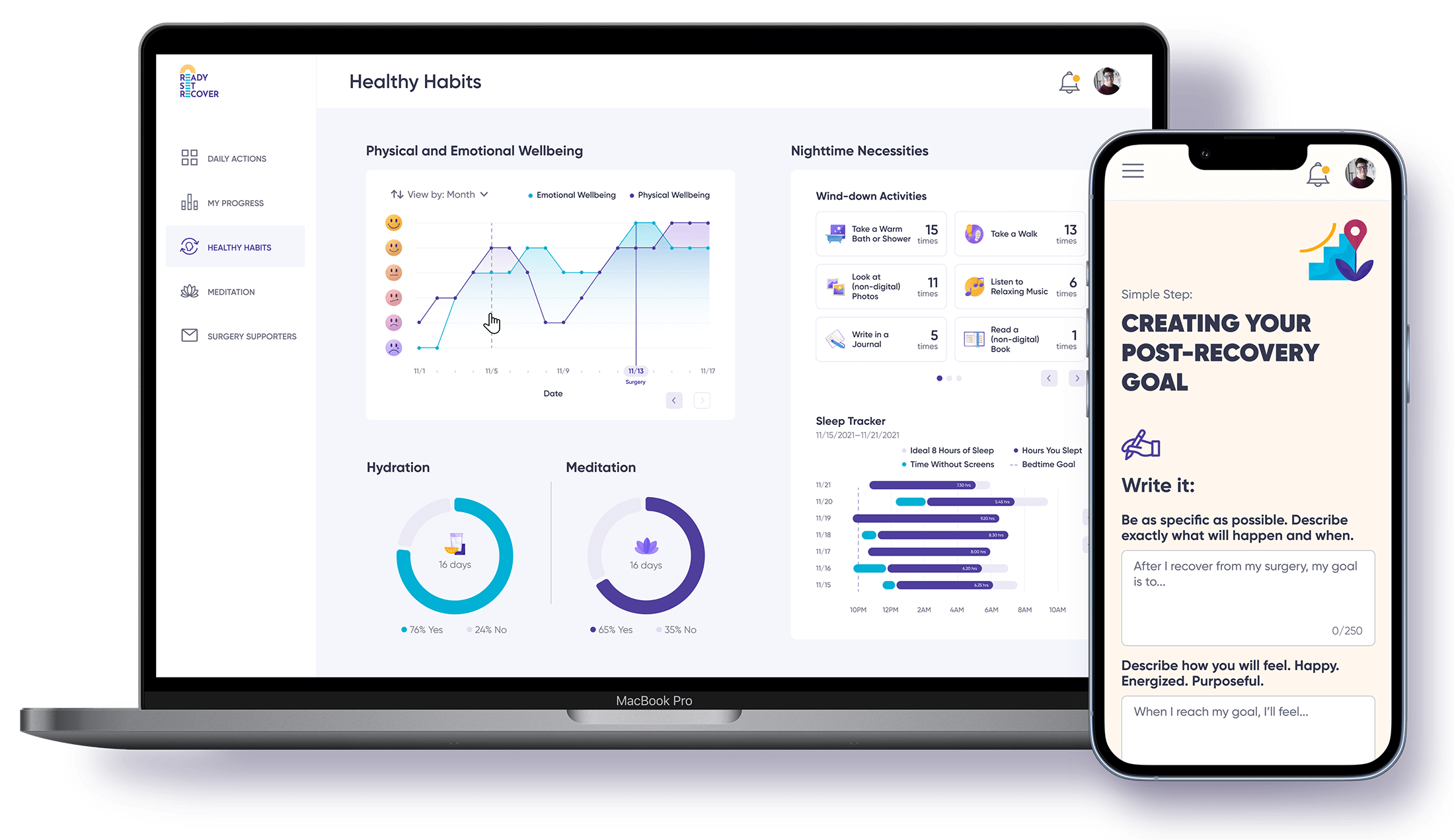Surgery Preparation and Recovery Insights
Explore expert advice and practical tips to prepare for surgery and enhance your recovery journey.
Sort By Topic:
All

Pre-Op
Types of Anesthesia: What They Are and How They Work
Going in for surgery can feel like a lot—especially when you're faced with unfamiliar medical terms like types of anesthesia. What do they mean? Will you feel pain? The uncertainty can make the experience nerve-wracking. But understanding how the different types of anesthesia work can help put your mind at ease. Here’s a simple breakdown so you know exactly what to expect.
By Steve Birnhak

Pre-Op
Guidelines for Taking Tylenol and Anti-Inflammatory Medications Before Surgery
Wondering which medications are safe before surgery? Tylenol is often recommended, while anti-inflammatory drugs like ibuprofen should be avoided due to increased bleeding risk. Learn how to prepare effectively.
By Steve Birnhak

Pre-Op
What to Expect from an Upper Endoscopy
Worried about an upper endoscopy? You’re not alone. The idea of a tube going down your throat can be unsettling. But this procedure is safe, quick, and can provide crucial answers about your health. Whether you're dealing with acid reflux, stomach pain, or unexplained nausea, an upper endoscopy helps doctors see what’s going on inside. Here's what you can expect—so you feel prepared and at ease.
By Steve Birnhak

Anxiety
What Are the Chances of Dying During Surgery? Risk Factors
Concerns about the chances of dying during surgery are normal, but knowing the facts can ease anxiety. Risks depend on factors like age, health, and the type of surgery. Still, modern medicine has made procedures much safer, reducing the risk of serious complications.
By Steve Birnhak

Pre-Op
Perioperative Care: Best Practices for Optimal Surgical Outcomes
Perioperative care is a comprehensive approach that supports patients before, during, and after surgery to enhance recovery and minimize complications. This article explores best practices in perioperative medicine, including preoperative preparation, intraoperative management, and postoperative recovery strategies. Emphasizing a holistic, multidisciplinary approach, these practices aim to improve surgical outcomes and elevate patient satisfaction. Techniques like the Perioperative Surgical Home (PSH) and Enhanced Recovery After Surgery (ERAS) protocols are highlighted for their roles in optimizing patient health and recovery.
By Steve Birnhak

General Advice
How Surgical Soap Helps Prevent Infections Before Surgery
Infections after surgery can slow healing and cause serious problems. Many people don’t realize that a simple step—using surgical soap—can lower this risk. Learn how to use it the right way for a safer, smoother recovery.
By Steve Birnhak

General Advice
Top Surgery Recovery Gift Ideas for a Speedy Healing Process
Finding the perfect surgery recovery gift can feel overwhelming, but the right choice can bring comfort and joy. The best gifts after surgery help ease pain, provide entertainment, and make daily tasks easier. From cozy blankets to practical reach tools, thoughtful gifts can make healing smoother and less stressful.
By Steve Birnhak

General Advice
How Alcohol Before Surgery Can Affect Your Recovery
Drinking alcohol before surgery can increase risks like excessive bleeding, anesthesia complications, and delayed healing. Avoiding alcohol at least 2 to 4 weeks before surgery is crucial for a smoother, safer recovery. During the recovery phase, alcohol can hinder wound healing and increase infection risks. Consult your surgeon for personalized advice on when it's safe to resume drinking post-surgery.
By Steve Birnhak

General Advice
Quit Smoking Before Surgery or Risk Complications
Quit smoking before surgery to heal faster and reduce risks. Smoking or vaping increases the chance of infections, slows healing, and makes complications more likely.
The good news? Even quitting a few weeks before your procedure can improve your recovery. This guide explains why it matters and gives you simple steps to make quitting easier.
By Steve Birnhak

General Advice
What to Say When Someone Is Having Surgery: Heartfelt Surgery Wishes
If you’re unsure what to say when someone is having surgery, don’t worry—you’re not alone. A few thoughtful words can bring real comfort. Learn how to express care, offer reassurance, and share heartfelt get well soon surgery messages that truly help.
By Heather Campbell

Transform Your Surgical Journey with Ready Set Recover
You'll benefit from:

Actionable steps, inspiration, and information on topics applicable to any surgery.

Focused meditations, sleep and exercise tracking, and monitoring of physical and emotional well-being.

Assistance and motivation from your team of surgery supporters.
Ready Set Recover is a physician vetted online wellness platform empowering you
to prepare for and recover from surgery so you get better, faster and with less stress.
It's healing, reimagined.
Learn More


